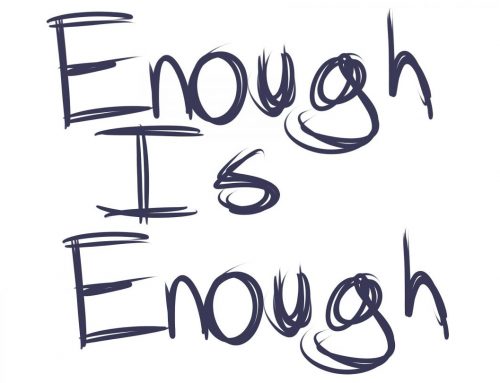We all experience stress, it’s generally short term and in response to a trigger such as a job interview or a work deadline.
We also have positive stressors in our lives such as getting married or being promoted. Regardless of whether we face a positive or negative stressor, the response remains the same.
When our stress response is activated our bodies release hormones such as cortisol and adrenaline – this is our fight, flight or freeze response. We have no control over the fight, flight or freeze response, it is an innate biological response that happens automatically in our body and helps to protect us from danger. When our body releases cortisol and adrenaline it makes us feel more alert and able to act quicker, our heart will beat faster to send blood where it’s need to the most, our breath becomes shallow and rapid to try and get more oxygen and blood to large muscles.
After the threat has subsided our body then releases hormones to help our muscles relax and calm us down, this can sometimes cause us to shake. Once the stressor is completely removed, our body has experienced a reduction in the arousal response and we then return to balance. If you are frequently experiencing high levels of stress then you are probably producing high levels of these hormones, which will leave you feel physically and emotionally unwell and could affect your health in the long term.
Rarely do people prioritise self-care above work commitments or the demands of our family, but it really is crucial for stress management. Check in on the following as a way start to managing stress:
Sleep:
Your sleep will always be impacted by stress, we usually experience problems getting to sleep, staying asleep and it our quality of sleep. We should all aim for between 7 and 9 hours of sleep each night.
Know your triggers:
Take time to reflect upon feelings and events that contribute to your stress levels rising, consider ongoing events such as difficulties at work, one off events such as attending an interview and issues that come up regularly such as paying bills. Can you make adjustments in your life to manage these stressors? Could you speak to a colleague or manager in response to difficulties at work? Could you prepare solidly for an interview to ensure there are no surprises? Could you re-visit your budgeting to maybe elevate the stress around bill-paying?
Exercise:
As the fight, flight or freeze response is firing up to ‘physically’ respond to a threat, then give it what it needs. Physical exercise can be used as a surrogate to metabolise the excessive stress hormones and restore your body and mind to a more relaxed state.
Breathe:
A typical stress response is rapid, shallow breathing into the chest, which can make us feel more anxious and impair our cognitive functioning. Paying attention to our breath and controlling the rate, depth and technique is one of the most effective ways we can reduce stress. Consciously breathing into the diaphragm, taking long and deliberate breaths through the nose so that your stomach rises, then exhale by relaxing and gently releasing all of the air.
Check-in with someone you trust:
Simply talking about how you feel can be helpful, it can distract us from our thoughts, bring clarity and perspective and release some of the tension associated with it.
Stress itself isn’t a mental illness, but left unsupported and prolonged can lead to a decline of our mental health or a mental illness. If you are uncertain about the impact stress is having on your mental or physical health, chat with a GP.
Tina Winchester
Director of Mental Health – Mentally Well Workplaces
Principal Master Mental Health First Aid Instructor






